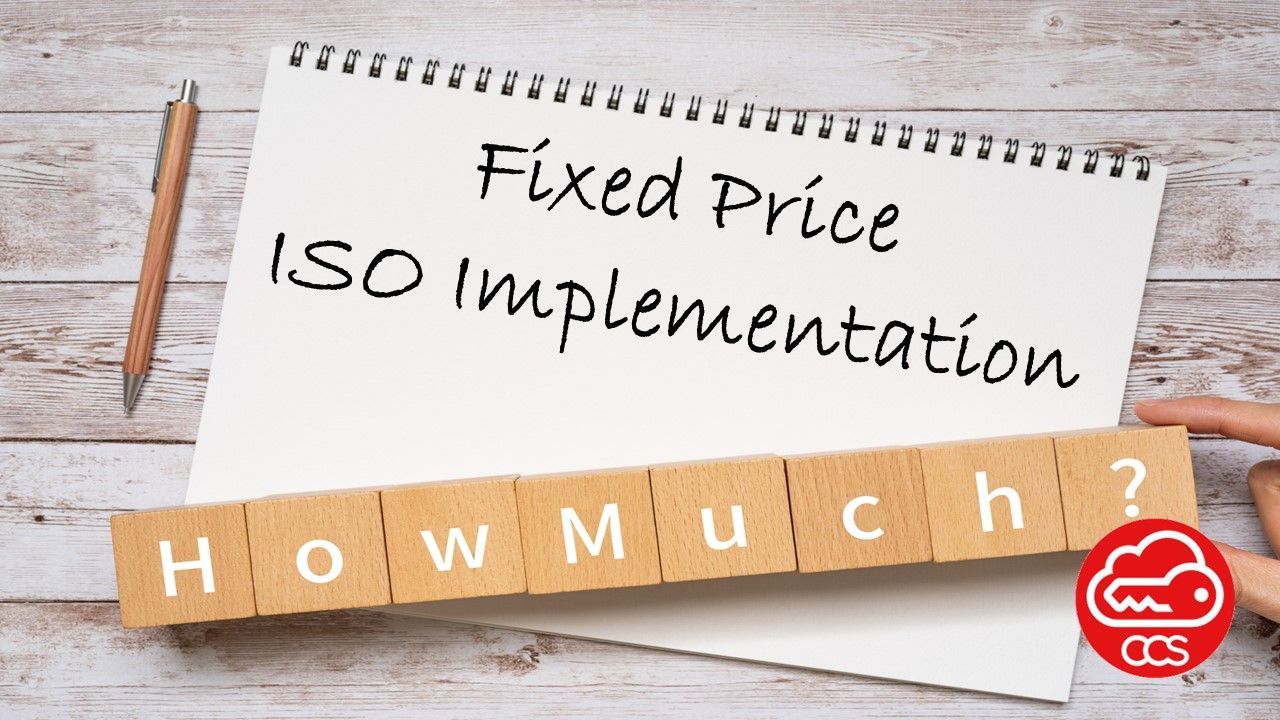ISO Fixed Price Investment Quotation
At CCS, we offer a clear and structured 5-step approach to ISO implementation utilising our ISO Management Platform (IMSMLoop) to ensure a smooth and efficient process for your organization across a wide range of ISO standards, and rest assured that the investment quotation we will supply for the development of the ISO management system are fixed, and there will be no additional or hidden charges regardless of the duration or complexity of your business.





